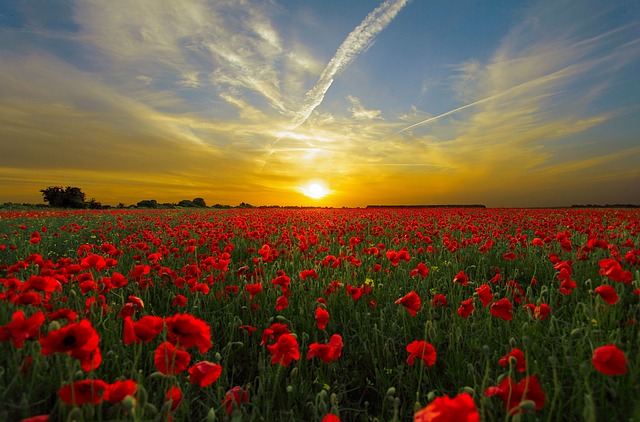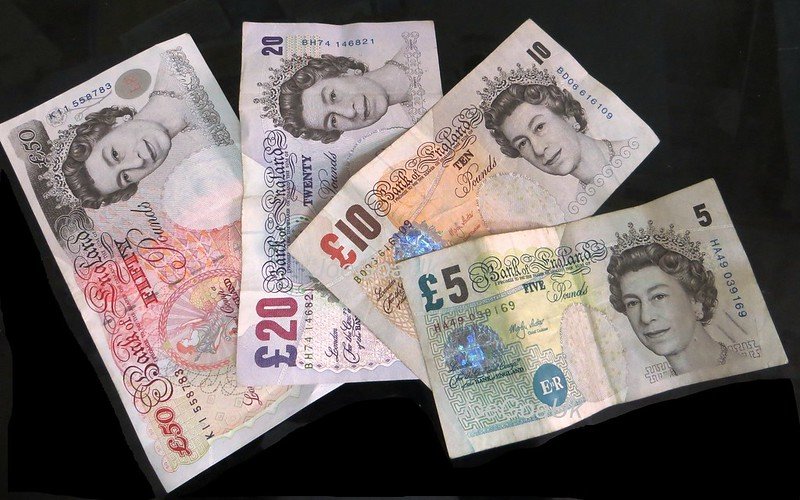Remembering the end of the First World War
The First World War is a difficult issue for those of us on the radical left. There is a prominent view that the war was a waste of human life. That it was a mass slaughter for the glory of country at the expenses of millions of lives. The war deflected rising class tension into international conflict and used patriotism to prevent working people from turning on the class that oppressed them. This view holds that remembering the war encourages nationalism and discourages thinking about class issues.
To some degree, I believe in this. The war should certainly not be celebrated, and patriotism has gotten more people killed than it has helped. The war was not glorious. It sent millions of men to a violent death and subjected them to huge suffering beforehand. The war was a tragedy, not heroic.
I do wear a poppy, and I did observe the two minutes silence on Remembrance Sunday. I do this to remember those who had no choice about being sent to war, and maybe didn't even want to go, but where sent anyway and lost their lives.
I certainly don't agree with making a performance out of criticising people whose remembrance is different or attacking charities associated with remembrance, as Aaron Bastani did when he attacked the British Legion on Twitter. This doesn't change opinions, or address the real problem with the lack of support from the government for people leaving the army. It just gets attention for people being controversial, which is the currency of social media.
It is important to remember the sacrifices made by ordinary people during the war. The people like me and you who died in their millions. Not generals, kings or Prime Ministers. It is the people who died, some of them in agony and fear, we must remember. As someone who would last about ten seconds in a war, I want to remember those whose lives were thrown away without feeling so that a line on a map could move a few inches.
There are lots of myths spread about the First World War. That it was a war for freedom and democracy against German Imperialism. This is not true. It was a war of nation against nation. It was fought by ordinary people of one nation against ordinary people of another. People fighting who had more in common with each other than the generals that sent them to their slaughter against walls of machine guns in fields of barbed wire.
The important political point to make about the First World War is that the scale of the death shows how terrible war is and how it must be avoided if at all possible.
The most fitting First World War memorial would be for the government to give every citizen free tickets to tour the sites of the battles. If everyone saw what happened at the Somme, at Verdun and Ypres and in other places, then they would know the terrible cost of war and seek to prevent it. If people saw what happens when the government cares more about the strength of the nation than the lives of its people, they wouldn’t want to fight people like them to make their country stronger. If people understood the terrible waste of life that is war, they would see that killing people that happened to be born under a different flag for the flag you happened to be born under is tragic and not heroic.
We need to keep the memory of the First World War alive so that we never do anything so stupid ever again. We need to remember it to prevent our leaders from thinking that they can feed people to the slaughter machine and claim it's fine when it's done for country and flag. The best way to honour the memories of those who died in the war is to make sure others don't have to suffer as they did. That way their sacrifices won't be in vain.









